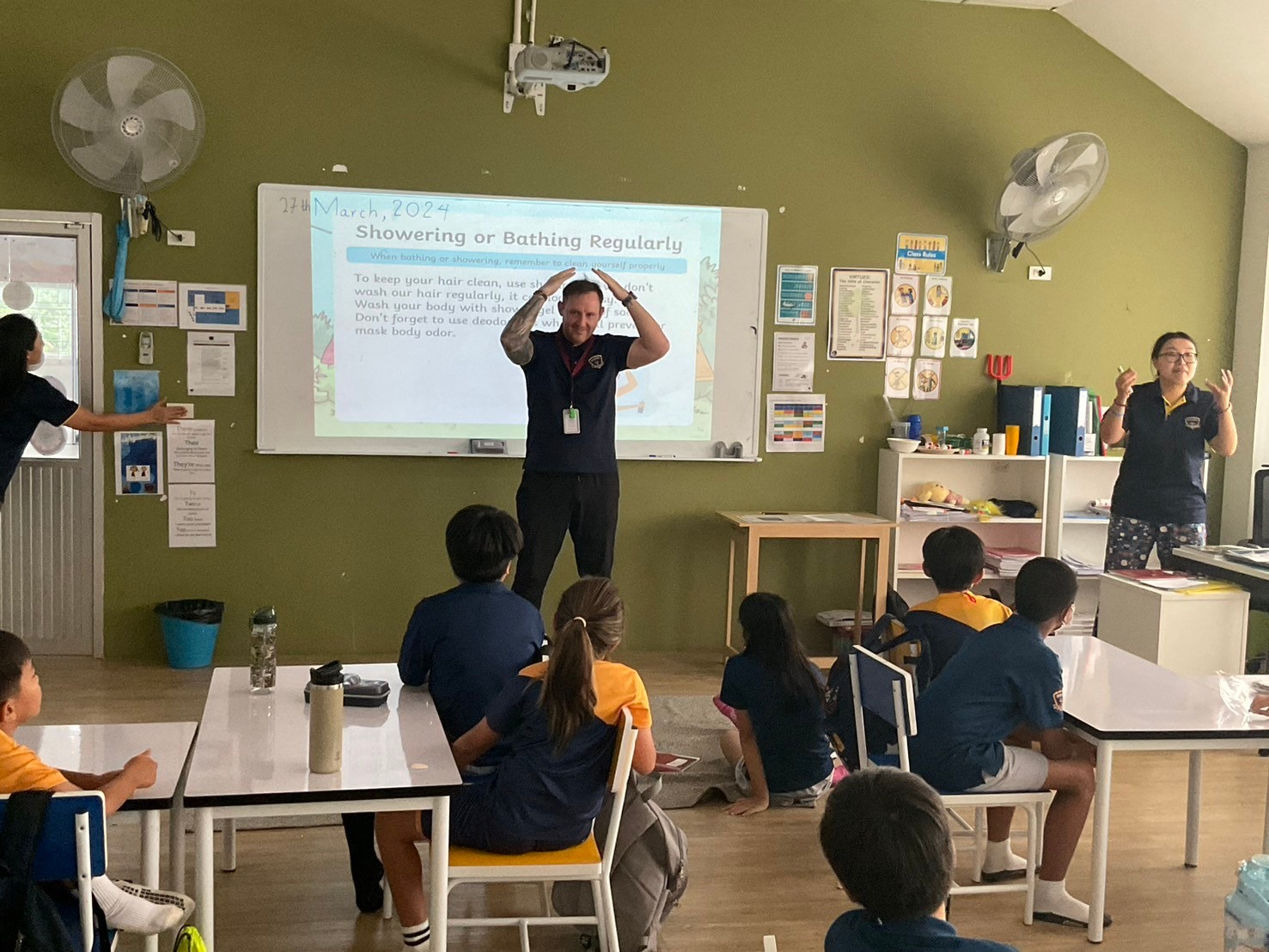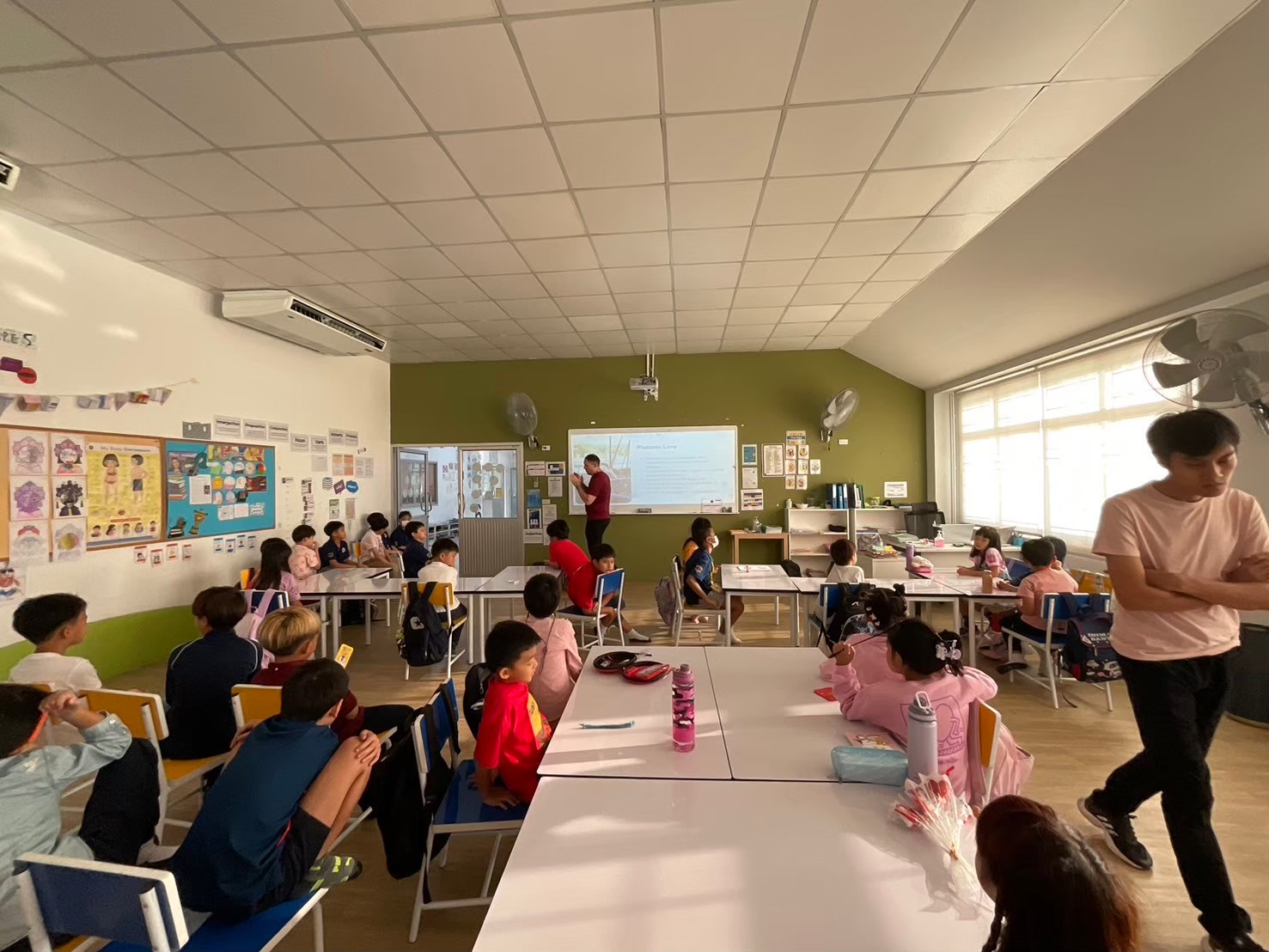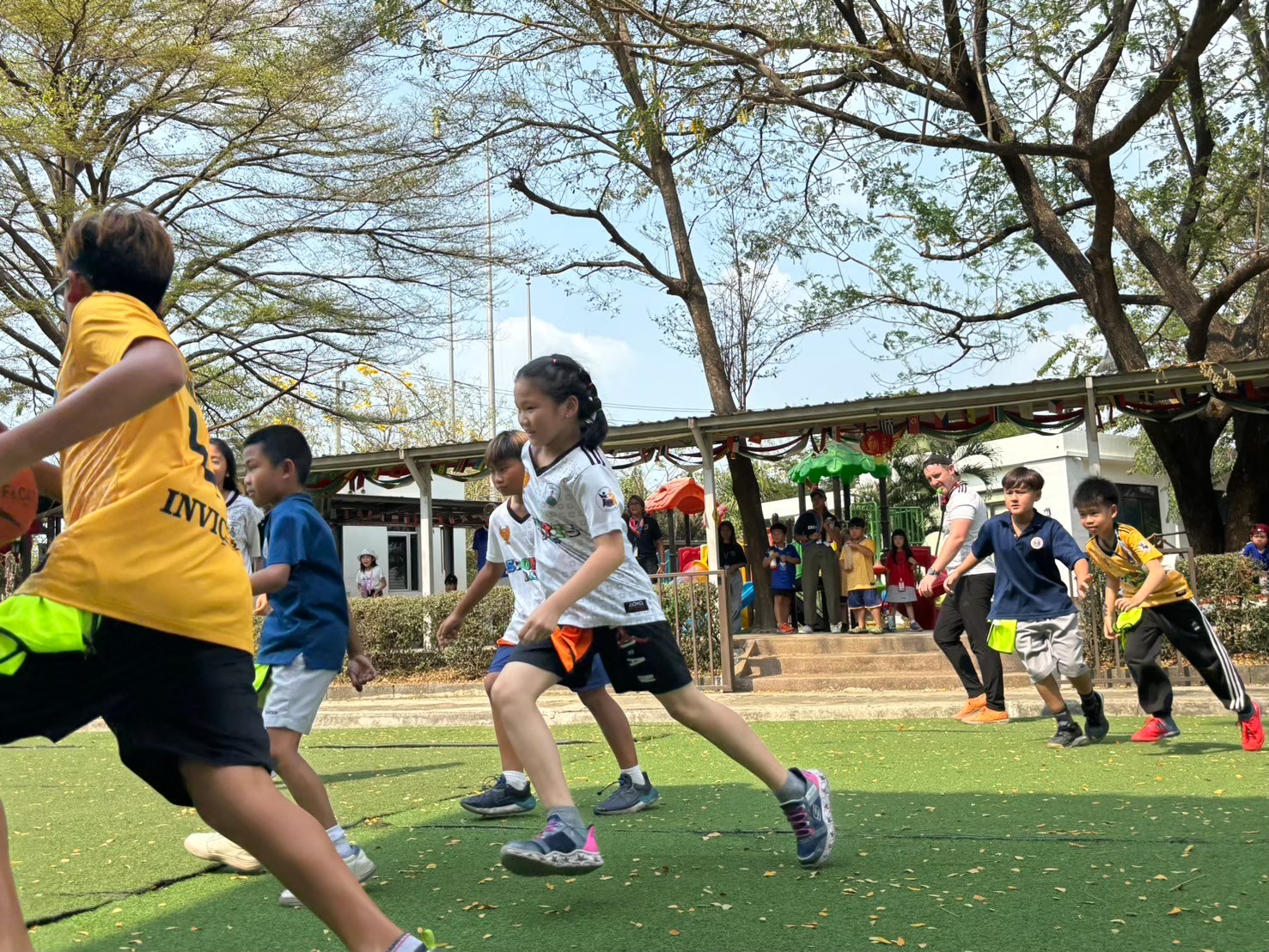Essential Tips to Prepare Your Child for International Learning
Starting at an international school can be a big change for any child. It’s important to help them feel ready and positive about this new chapter. Preparing your child for international learning begins at home. With the right support and encouragement, they can adapt to their new environment smoothly.
You want your child to feel excited rather than anxious about their new school. Begin by talking to them about the exciting opportunities they’ll have. Describe the new friends they will make and the different cultures they will encounter. Building a positive attitude towards change is crucial in helping them look forward to their new school experience.
At home, encouraging multilingual skills can also make a big difference. Many international schools have diverse language programmes. Starting early can give your child a head start. Play language learning games, read books in different languages, and practise speaking together. This helps your child feel more comfortable and capable when they join their international classroom.
Building a Positive Attitude Towards Change

Building a positive attitude towards change is crucial when preparing your child for international learning. Start by discussing the benefits of their new school. Highlight the exciting new experiences awaiting them, such as making friends from different countries and learning about new cultures. This will help them feel curious and excited instead of nervous.
Tips for fostering a positive attitude towards change:
- Talk Openly: Encourage your child to express their feelings about the move. Listen and answer their questions patiently.
- Share Stories: Talk about people you know who have thrived in new environments.
- Visual Aids: Show pictures or videos of their new school to familiarise them with the surroundings.
Emphasise the opportunities for growth. Explain how experiencing different cultures and teaching methods can broaden their horizons. Praise your child for their adaptability and reassure them that it’s okay to feel unsure at first. Celebrating small changes can boost their confidence and make the transition smoother.
Encouraging Multilingual Skills at Home
Encouraging multilingual skills at home is a great way to prepare your child for international learning. Many international schools offer diverse language programmes, and being comfortable with another language can ease your child's transition. Start by incorporating language learning into fun daily activities.
Ideas for promoting multilingual skills at home:
- Language Games: Play games that involve learning new words and phrases.
- Bilingual Books: Read stories in different languages together.
- Practice Conversations: Use simple sentences in a second language during everyday activities.
Make language learning enjoyable rather than stressful. Turn it into a game where your child can earn rewards for progress. Encourage them to watch cartoons or listen to songs in the target language. This immersive approach makes learning fun and natural.
Involving the whole family can also be helpful. Practising together makes your child feel supported and motivated. Celebrate their achievements, no matter how small, to build their confidence. Making multilingual skills a part of daily life helps prepare your child for the linguistic diversity they’ll encounter in their new school.
 Developing Independence and Confidence
Developing Independence and ConfidenceDeveloping independence and confidence in your child is crucial for their success at an international school. Encourage them to take on small responsibilities at home, such as organising their school bag or choosing their clothes for the next day. These small tasks build self-reliance and help them feel more in control.
Steps to foster independence and confidence:
- Daily Responsibilities: Assign simple chores like making their bed or setting the table.
- Decision-Making: Let them make decisions about snacks or weekend activities.
- Problem-Solving: Encourage them to solve minor problems on their own before seeking help.
Boost confidence by praising their efforts and achievements. Whether it’s completing a chore or solving a problem, positive reinforcement lets them know they are capable. Use encouraging words and celebrate their progress, even if it’s small. This approach builds their self-esteem and readiness for new challenges.
Encourage your child to try new activities or hobbies. Participation in various activities teaches them to handle new situations with confidence. It also provides opportunities to socialise and make new friends, easing the transition to a new school environment.
Maintaining a Balanced Routine for Study and Play

Maintaining a balanced routine for study and play is essential for your child's overall well-being. A good mix of study time and recreational activities helps them stay engaged and happy. Create a daily schedule that includes homework, breaks, and playtime to keep things organised.
Tips for a balanced routine:
- Consistent Schedule: Set regular times for studying, playing, and resting.
- Breaks: Include short breaks during study sessions to prevent burnout.
- Variety of Activities: Mix academic tasks with fun activities like sports, arts, and hobbies.
Make sure your child has time to relax and enjoy activities they love. Balancing schoolwork with play helps reduce stress and boosts their mood. It also teaches them time management skills, which are valuable for their academic and personal growth.
Encourage them to participate in physical activities. Sports and outdoor play not only keep them fit but also improve concentration and academic performance. Ensure they get enough sleep each night, as rest is vital for their health and learning ability.
Conclusion
Preparing your child for international learning involves multiple steps. Building a positive attitude towards change, encouraging multilingual skills, developing independence, and maintaining a balanced routine are all essential. These strategies help your child adapt smoothly and thrive in their new school environment.
At Invictus International Pathum Thani, we support every step of your child’s educational journey. Our diverse and enriching international learning program ensures that students are well-prepared for global opportunities. Discover how we can help your child flourish by visiting our school and learning more about our unique approach to international education. Join us and give your child the best start in their academic life.